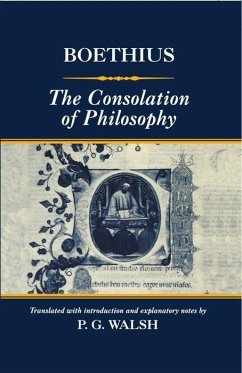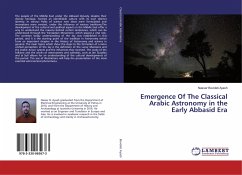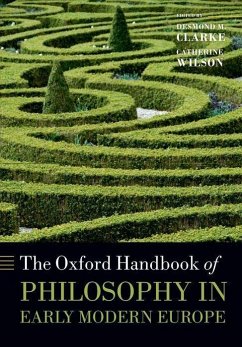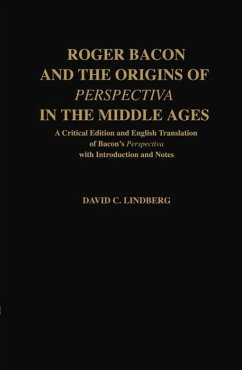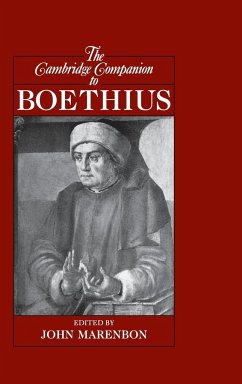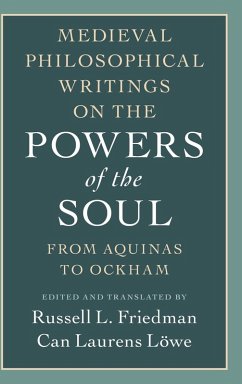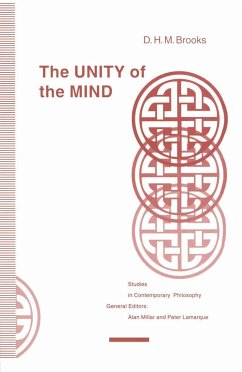
The Emergence of a Scientific Culture
Science and the Shaping of Modernity 1210-1685

PAYBACK Punkte
70 °P sammeln!
Why did science emerge in the West and how did scientific values come to be regarded as the yardstick for all other forms of knowledge? Stephen Gaukroger shows that science was bitterly contested during the early modern period. It did not distance itself from religion but rather entered into an alliance with it to provide a comprehensive picture of the world--transforming not just science but also religion.




